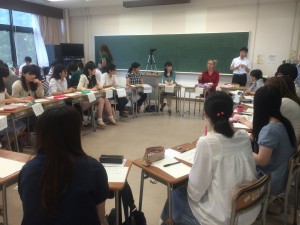- The University of Hawai'i Uehiro Academy for Philosophy and Ethics in Education
The Uehiro Academy for Philosophy and Ethics in Education is located in the University of Hawai‘i at Mānoa’s College of Arts & Humanities and supports research and education related to the preparation, support, and sustaining of educators, researchers and students who are developing intellectually safe communities of philosophical inquiry in their classrooms and schools. The Uehiro Academy serves students and teachers from Hawaiʻi, the U.S., Japan, and other international locations.
Vision: Education for the purpose of creating intellectually responsible communities.
Mission: p4c Hawai’i is dedicated to preparing, supporting and sustaining educators, researchers and students who engage or are interested in engaging in p4c worldwide.
Goals:
1) Prepare, support and sustain p4c Hawai‘i educators
2) Prepare, support and sustain p4c Hawai‘i research
3) Prepare, support and sustain p4c Hawai‘i student
4) Develop and grow institutional capacity of Uehiro Academy to carry out above goals
- History of p4c Hawai'i
With roots reaching deeply into American Pragmatism and the thought of such philosophers as John Dewey and William James, Philosophy for Children (P4C) is widely respected as a direct response to the international crisis in education.
P4C converts traditional classrooms into reflective communities of inquiry where students and teachers continue to develop their ability to think for themselves in responsible ways. P4C began around 1969 when Matthew Lipman, a Colombia University philosophy professor, became disenchanted with the educational system. He observed that children did not think as well as they could or should in a democratic society.
He was also concerned that schools actually encouraged children to have a negative view of their own intellectual abilities. To address these issues Lipman created a curriculum that incorporated the skills of logic and reasoning found in the practice of philosophy to improve students’ thinking in the K – 12 setting. In an effort to extend Lipman’s original curriculum and vision to a variety of geo-cultural contexts, a number of P4C Centers have been established worldwide.
- Why is p4c needed?
Something is missing in schooling. Frequently, by the time children reach third grade, the sense of wonder with which they entered kindergarten – wonder out of which authentic thinking and philosophy develops – has begun to diminish.
By 6th grade it has practically disappeared. A major contributing factor to this loss of wonder is the failure to properly nurture the true voices of children. Children’s thinking focuses instead on what the teacher expects and it is rare for students and teachers to regularly have the opportunity in a classroom setting to inquire together into topics and questions that make a difference in their lives.
Schools instead encourage students to be uncritical consumers of information and their individual interests, questions, comments, experiences, beliefs and curiosity are completely ignored. Due to a variety of pressures, both internal and external, the typical classroom teacher does not appear to have time for children’s genuine wondering and questioning, from which structured inquiries can grow. This apparent lack of time is exacerbated by the fact that most teachers simply have never been exposed to this type of inquiry. Such inquiry requires a pedagogical shift from teacher to co-participant where no one knows where the inquiry will end up. If teachers are ever to use p4c this successfully in their own classrooms, they need time and guidance in learning how to conduct such inquiries.
Schools must move from being institutions that provide students with extrinsic meanings to institutions that provide students with the necessary circumstances and tools that will allow each to personally construct meaning in their own learning and lives. The goal of p4c Hawai‘i is to move school culture from a top-down model to a community-based, participatory model grounded in sound pedagogy and effective educational philosophy. While guided by this goal, p4c Hawai‘i recognizes that meaningful reform is not and never will be a “quick fix.” From the beginning its approach has been to start with the teachers and to then find every way possible to support these teachers both in their classrooms and as faculty in a school setting. This has helped to create a deep seated commitment among the teachers to p4c as a basic approach to teaching, not just another passing programmatic fad.
- Model Schools
-
With the support of principal, Bonnie Tabor, the teachers at Waikiki Elementary School have
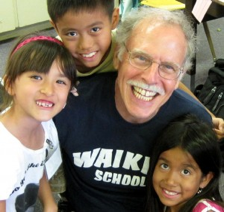 engaged in p4c activities for nearly fourteen years. Dr. Thomas Jackson, of the University of Hawai‘i, has worked to develop and sustain p4c at Waikiki School by actively facilitating p4c in the classroom at all grade levels (kindergarten- 6th grade), by recruiting philosophy graduate students from the University of Hawai‘i to work as facilitators in the classrooms, and by offering p4c professional development classes to the Waikiki faculty and staff. Roughly 90% of the faculty at Waikiki includes p4c in the curriculum. Most recently, Matthew Lawrence, a veteran p4c Hawai‘i teacher at Waikiki Elementary was recognized as the 2014 Hawai‘i State Teacher of the Year.
engaged in p4c activities for nearly fourteen years. Dr. Thomas Jackson, of the University of Hawai‘i, has worked to develop and sustain p4c at Waikiki School by actively facilitating p4c in the classroom at all grade levels (kindergarten- 6th grade), by recruiting philosophy graduate students from the University of Hawai‘i to work as facilitators in the classrooms, and by offering p4c professional development classes to the Waikiki faculty and staff. Roughly 90% of the faculty at Waikiki includes p4c in the curriculum. Most recently, Matthew Lawrence, a veteran p4c Hawai‘i teacher at Waikiki Elementary was recognized as the 2014 Hawai‘i State Teacher of the Year.p4c Hawai‘i first landed at Kailua High School in 2000 when Dr. Amber Makaiau began
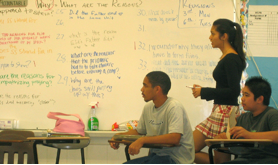 experimenting with it as an effective pedagogy within the Social Studies classroom during her student teaching. Its success remained within her four walls until 2004 when Chad Miller first brought it into the English department as an effective mode of instruction. Due to p4c Hawai‘i’s continued success with the students at Kailua High School, p4c Hawai‘i has become the foundation of each classroom in the English department, thus being the first high school p4c Hawai‘i department in the world. Additionally, the entire Ethnic Studies curriculum, which serves every student at Kailua High School, was created with the p4c Hawai‘i pedagogy at its core. While p4c Hawai‘i has most heavily been used in these two disciplines, with the support of principal Francine Honda, Dr. Benjamin Lukey served as Kailua High School’s Philosopher in Residence, bringing p4c Hawai‘i into the classrooms and curricula of teachers from other content areas. Currently, Dr. Chad Miller is the KHS Philosopher in Residence, working with more than 35 teachers in order to promote rigorous thinking and deeper student engagement.
experimenting with it as an effective pedagogy within the Social Studies classroom during her student teaching. Its success remained within her four walls until 2004 when Chad Miller first brought it into the English department as an effective mode of instruction. Due to p4c Hawai‘i’s continued success with the students at Kailua High School, p4c Hawai‘i has become the foundation of each classroom in the English department, thus being the first high school p4c Hawai‘i department in the world. Additionally, the entire Ethnic Studies curriculum, which serves every student at Kailua High School, was created with the p4c Hawai‘i pedagogy at its core. While p4c Hawai‘i has most heavily been used in these two disciplines, with the support of principal Francine Honda, Dr. Benjamin Lukey served as Kailua High School’s Philosopher in Residence, bringing p4c Hawai‘i into the classrooms and curricula of teachers from other content areas. Currently, Dr. Chad Miller is the KHS Philosopher in Residence, working with more than 35 teachers in order to promote rigorous thinking and deeper student engagement.Waimanalo Elementary and Intermediate School (WEIS)
With the support of the Principal, Noel Richardson, and former Vice-Principal, Garrett Arakawa, p4c Hawai‘i began officially working with WEIS in January of 2013. Dr. Benjamin Lukey, currently serving as the WEIS Philosopher in Residence, works with teachers and
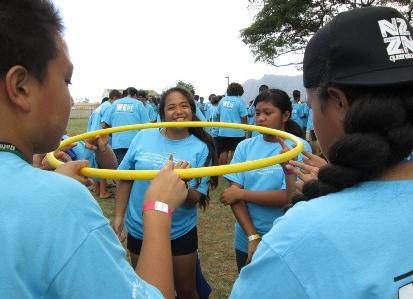 students from pre-K through 8th grade school to promote the creation of intellectually responsible communities of inquiry. Since the vast majority of WEIS students matriculate to Kailua High School, the expansion of p4c Hawai‘i at WEIS offers the opportunity for students to benefit from p4c from Pre-K through high school. In partnership with the UH Uehiro Academy, WEIS has received a major grant from the Hawai‘i Community Foundation (HCF) to support its Philosopher in Residence, p4c Hawai‘i Professional Development, p4c camps, and several other p4c-based initiatives at the school.
students from pre-K through 8th grade school to promote the creation of intellectually responsible communities of inquiry. Since the vast majority of WEIS students matriculate to Kailua High School, the expansion of p4c Hawai‘i at WEIS offers the opportunity for students to benefit from p4c from Pre-K through high school. In partnership with the UH Uehiro Academy, WEIS has received a major grant from the Hawai‘i Community Foundation (HCF) to support its Philosopher in Residence, p4c Hawai‘i Professional Development, p4c camps, and several other p4c-based initiatives at the school.KES is supported by Dr. Miller, Dr. Lukey, and the philoSURFERS.
- Uehiro Foundation on Ethics and Education
In order to meet the need for greater insight into ethical issues and their social consequences, Mr. Eiji Uehiro, a noted ethical leader in Japan, established the Uehiro Foundation on Ethics and Education (UFEE) in 1987. UFEE is and independent Public Interest Corporation based in Tokyo, Japan. The main goal of UFEE is to encourage research and public discussion about ethics and education and the inter-relationship between them. The UFEE has generously supported p4c Hawai‘i since 2005.
- The Team
DR. THOMAS JACKSON
Dr. Thomas Jackson (“Dr. J”) has been a member of the p4c Hawai’i family since 1984. He received his PhD in Comparative Philosophy from the University of Hawai’i in 1979. In 1980 he became a co-founder of the Hawai’i International Film Festival. In 1984 he discovered “Philosophy for Children” (P4C) and spent three weeks at a workshop at Montclair State University in New Jersey with other scholars from around the world. There he learned from P4C’s creator, Matthew Lipman, an inspiring approach to working with children, a provocative new way of thinking about philosophy and an exciting development in education. Since 1984 he has been passionately committed to the development of p4c in Hawai`i and around the world. In 1987 he became a full time Specialist with the Department of Philosophy, UH Mānoa and Director of the Philosophy in the Schools Project, a joint effort between the Department of Philosophy and the Hawai’i Department of Education. For 15 years the DOE funded philosophy department graduate students who worked in public school classrooms throughout the state of Hawai’i, assisting teachers in developing intellectually safe classroom communities of inquiry. The Philosophy in the Schools Project has been supplanted by the new p4c Hawai’i Center which is better able to handle the continued growth and demand for p4c. Dr. J works in classrooms with teachers and their students, regularly offers courses in p4c both on and off the UH Mānoa campus, serves on dissertation committees of students engaged in research on p4c in both the College of Arts & Humanities and in the College of Education in Hawai’i and students who come from abroad to study the p4c Hawai’i approach. Dr. J has been a conference and workshop presenter and keynote speaker locally, nationally, and internationally in China, Taiwan, Singapore, Japan, Brazil, Australia, Austria and Israel.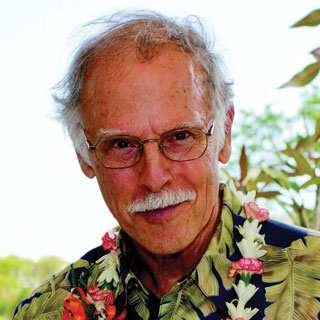
DR. BENJAMIN LUKEY
Dr. Benjamin Lukey received his doctorate in comparative philosophy from the University of Hawai‘i at Mānoa. His interests in philosophy of disability, comparative philosophy, and philosophy for children (p4c) have developed from his broader goal of including more voices in philosophical discourse. Since 2007, he has been part of the p4c Hawai‘i initiative at the University of Hawai‘i at Mānoa, piloting and developing a Philosopher in Residence project at Hawai‘i public schools. He is currently Associate Director for the UH Uehiro Academy for Philosophy and Ethics in Education (p4chawaii.org). Within the Uehiro Academy, Dr. Lukey supports teachers and students at several Model and Partner Schools, including Waikiki Elementary, Waimanalo Elementary and Intermediate School, Ka’elepulu Elementary, and Kailua High School. Dr. Lukey is at the forefront of many of the Uehiro Academy’s international collaborative activities, including annual exchanges of p4c teachers in Japan and Hawaii. Dr. Lukey is also the Principal Investigator of the Uehiro Academy’s partnership with the Oahu Metropolitan Planning Organization.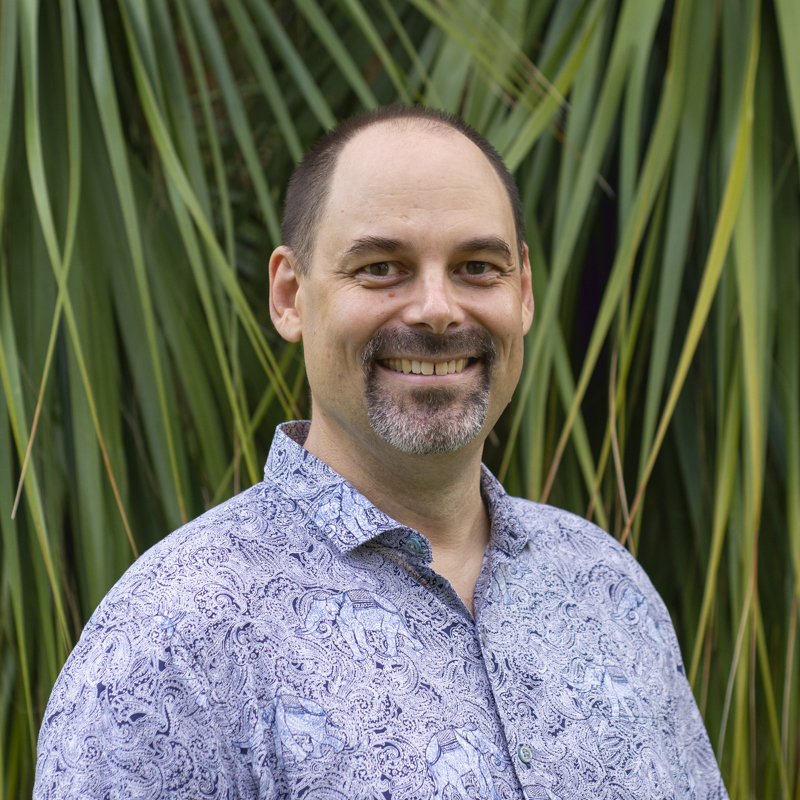
DR. AMBER STRONG MAKAIAU
Dr. Amber Strong Makaiau is a Specialist at the University of Hawaiʻi at Mānoa (UHM) School of Teacher Education, the Director of Curriculum and Research at the UHM Uehiro Academy for Philosophy and Ethics in Education, the Director of the Hanahau’oli School Professional Development Center, and the Director of the Progressive Philosophy and Pedagogy MEd Interdisciplinary Education, Curriculum Studies Program. She has a BA in Psychology and Education from the University of California, Santa Cruz, a Masters in Education and Teaching from UHM, and a PhD in Curriculum and Instruction from UHM. She is a dedicated practitioner of philosophy for children Hawai‘i who achieved National Board Certification while teaching secondary social studies in the Hawaii State Department of Education for over ten years. She is also an award-winning educator who achieved the Hawaii International Education Week Honolulu Advertiser 2004 Outstanding Global Educator Award, the 2005 Oceanic Outstanding Educator Award, the 2011 Teaching Tolerance Award for Excellence in Culturally Responsive Teaching, the 2016 C3 Teachers Inquiry Design Model Challenge Award, and the 2017 National Council for the Social Studies College and University Faculty Assembly Kipchoge Neftali Kirkland Social Justice Paper Award. Her current projects apply progressive, multicultural, culturally responsive, social justice, and democratic approaches to education for the purpose of a better future society.
More from Dr. Makaiau
Follow the work of Dr. Makaiau on Progressive Philosophy and Pedagogy: A Blog for Progressive Educators, an online thinkspace, where progressive philosophers and practitioners from across the globe can connect through community and inquiry to carry out the movement’s important commitment to the intersection of democracy and education.
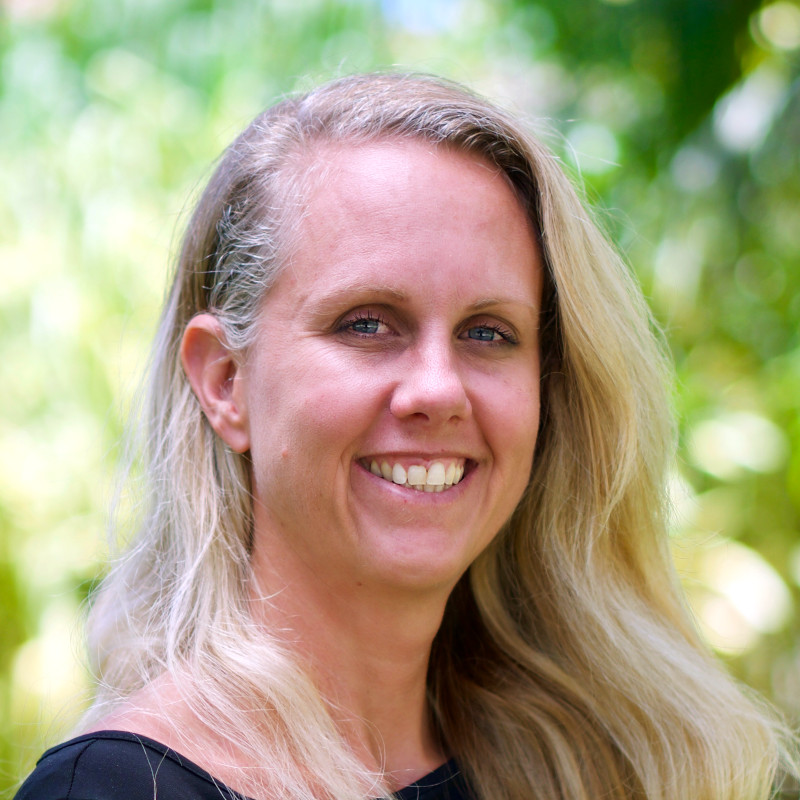
DR. CHAD MILLER
Dr. Chad Miller is the 2012 Hawaiʻi Teacher of the Year, a National Board Certified teacher, and is currently a Specialist at the University of Hawaiʻi at Mānoa’s School of Teacher Education. Dr. Miller also serves as the Director of Teacher Development at the University’s Uehiro Academy for Philosophy and Ethics in Education and is the co-director of both the Progressive Philosophy and Pedagogy and National Board Certification Teacher Leader Curriculum Studies MEd programs. Additionally, Dr. Miller is a “Philosopher in Residence” at several schools, where he supports teacher candidates and veteran K-12 teachers as they incorporate the activity of philosophy into their classroom practice through the use of the “Philosopher’s Pedagogy.” Regardless if he is thinking about the environmental implications of “driving” clouds with third graders, the cyclical nature of violence and drug abuse with sophomores in their Language Arts classes, or the value of living the “examined life” with graduate students, Dr. Miller finds himself participating in extremely meaningful and rigorous philosophical inquiries with students and teachers each day.
Dr. Miller received his BA in philosophy from John Carroll University and PhD in education at the University of Hawaiʻi at Mānoa. His dissertation, Philosophy Goes To High School; An Inquiry into the Philosopher’s Pedagogy, examines philosophy’s absence from the American high school experience, provides a pedagogical framework to bring philosophy into our subject-centered classrooms, and analyzes the student experience when philosophy is used as an approach to teaching.
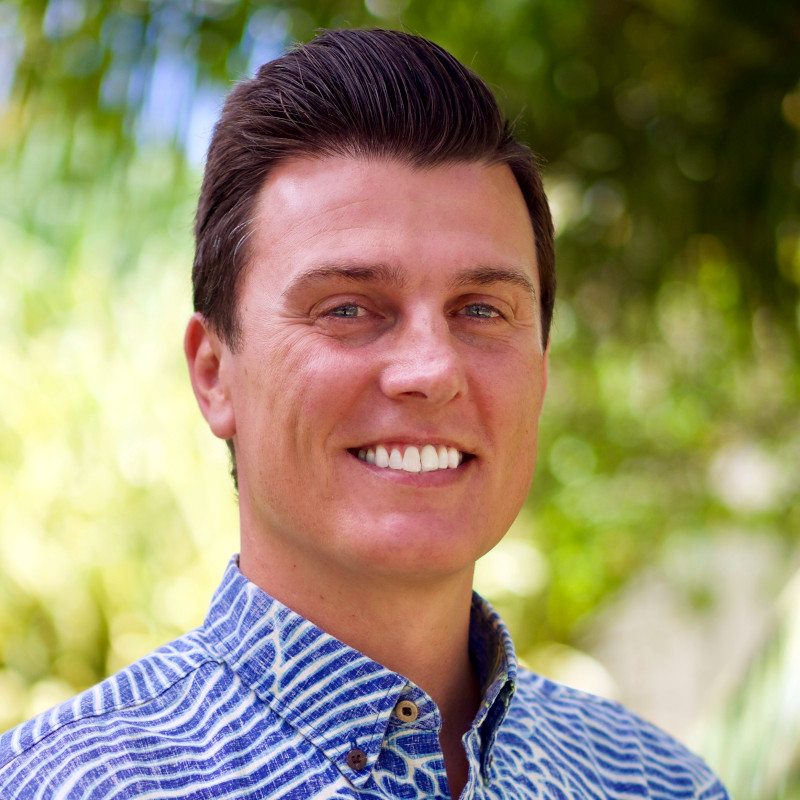
DR. THOMAS (TOBY) YOS
Dr. Thomas “Toby” Yos currently serves as a faculty member with the University of Hawai‘i Uehiro Academy for Philosophy and Ethics in Education. Arriving in Hawai‘i in 1991, Dr. Yos studied at the University of Hawai‘i under philosophy for children Hawai‘i (p4cHI) founder Dr. Thomas Jackson and received a doctoral degree in Comparative Philosophy. Having more than 3 decades of experience practicing p4cHI both inside and outside of K-12 classrooms, doing Resilience Theory based counseling within the Hawai‘i Department of Education, and teaching university Philosophy courses, Dr. Yos always strives to listen carefully and to follow the inquiry wherever it leads.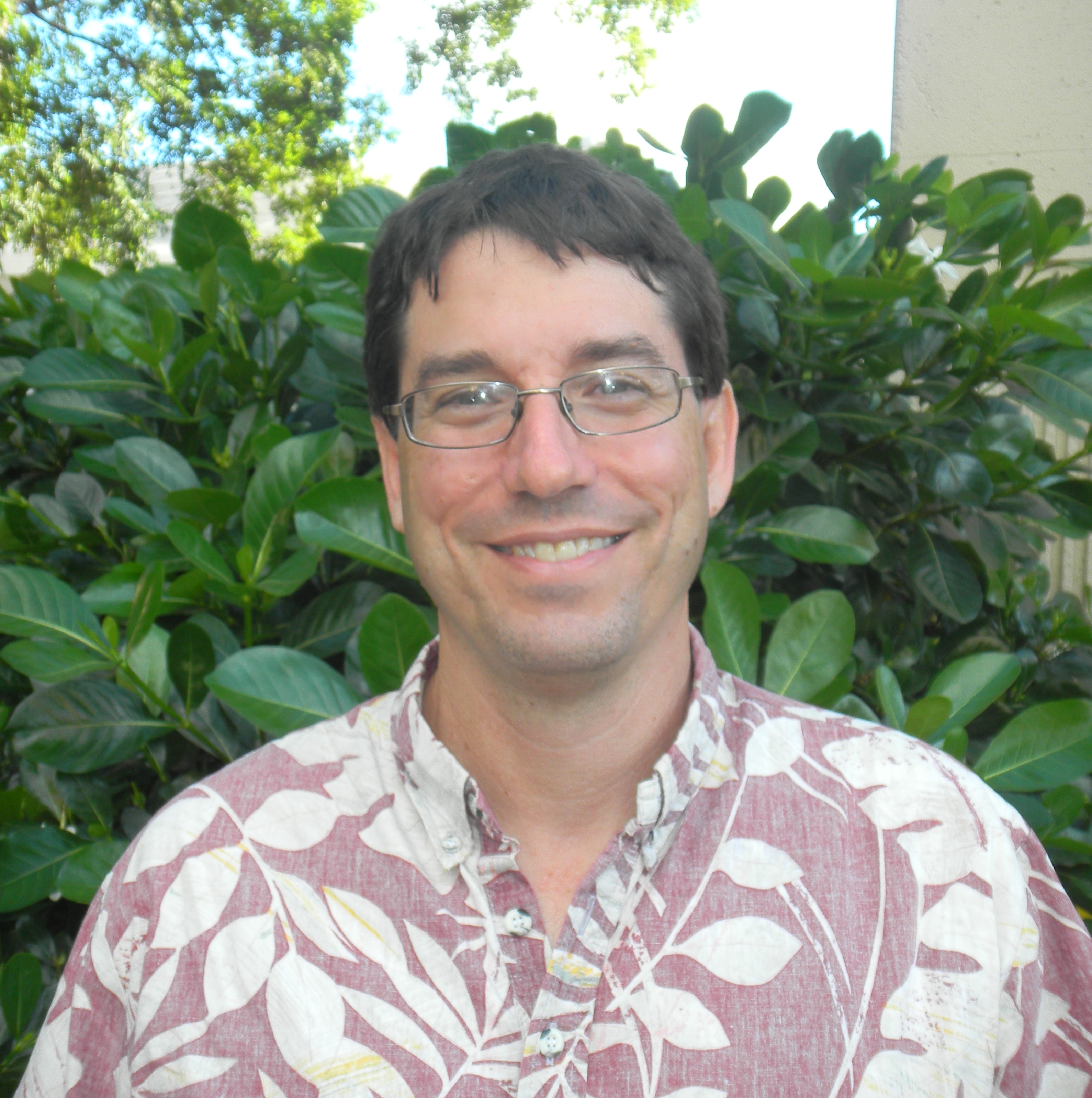
SCOTT ALLEN
Scott Allen known by many as “Cloudwatcher,” has a Master’s degree in Urban and Regional Planning and is a current doctoral student in Learning Design and Technology (LTEC) at the University of Hawaiʻi at Mānoa. His research interests explore how ideals of community planning and development can be combined with p4c Hawaiʻi to enrich K-12 curricula and purposively influence young people toward creating a more aware, empowered, and active citizenry—the bedrock of sound regional governance.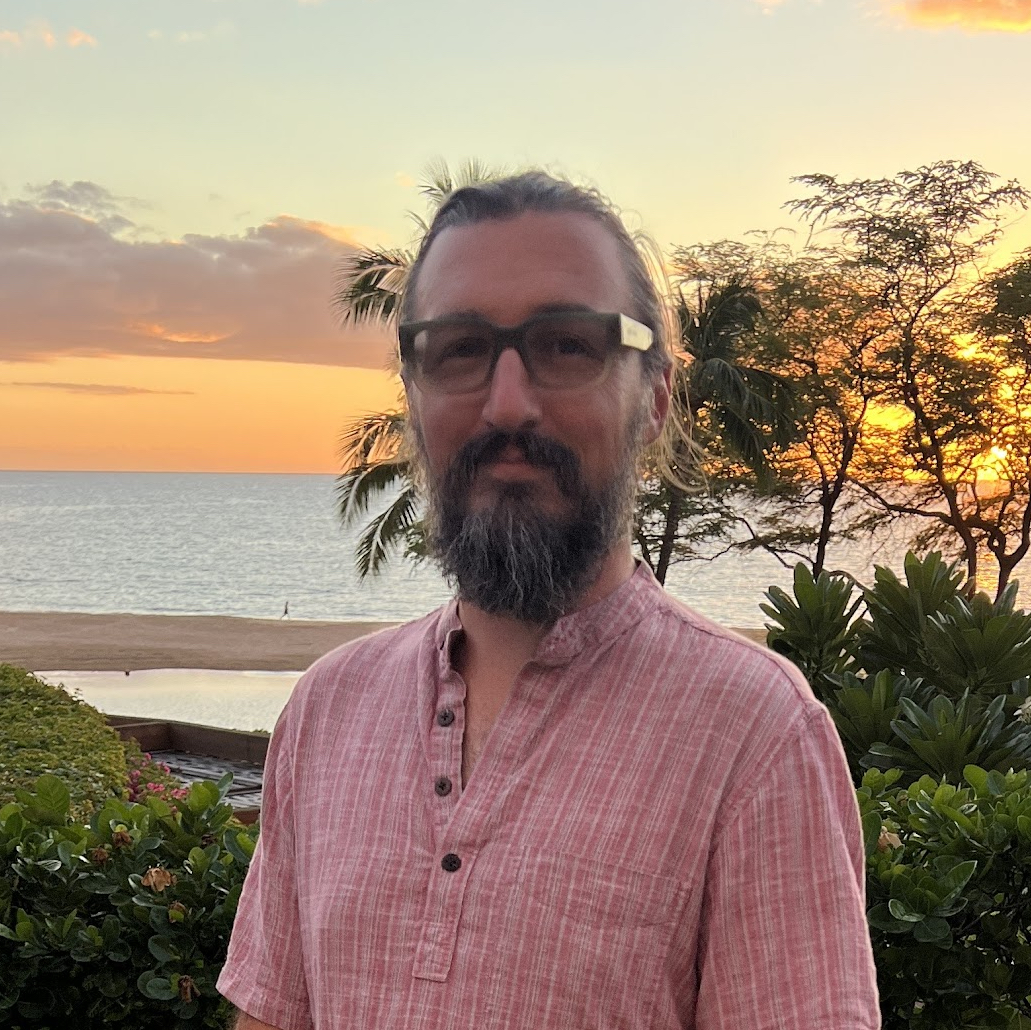
GRIFFIN WERNER
Griffin Werner is a Philosopher in Residence at several Elementary and High Schools on Oʻahu and a doctoral candidate in the Political Science Department at the University of Hawaiʻi at Mānoa. As a Philosopher in Residence, he’s interested in building teachers’ confidence regarding their ability to facilitate deep and meaningful philosophical conversations with their students without relying on expertise in the academic field of philosophy. Along with producer Brendan McCarthy, Griffin is also the host of the philosophy for children Hawaiʻi podcast Not in a Rush where he has raw and unedited conversations with guests about what they love, bringing p4cHI to the podcast space. As a political theorist, Griffin is working on his dissertation on American Nihilism, blending existential and Japanese philosophy, political theory, and psychoanalysis with autoethnography to construct a narrative example of what it means and feels like to contend with nihilism as an American in the present. Part of that narrative involves building foundations for community in our politically volatile times where people can come together and confront experiences of anxiety, despair, and nothingness in safe environments provided through the work of p4cHI.
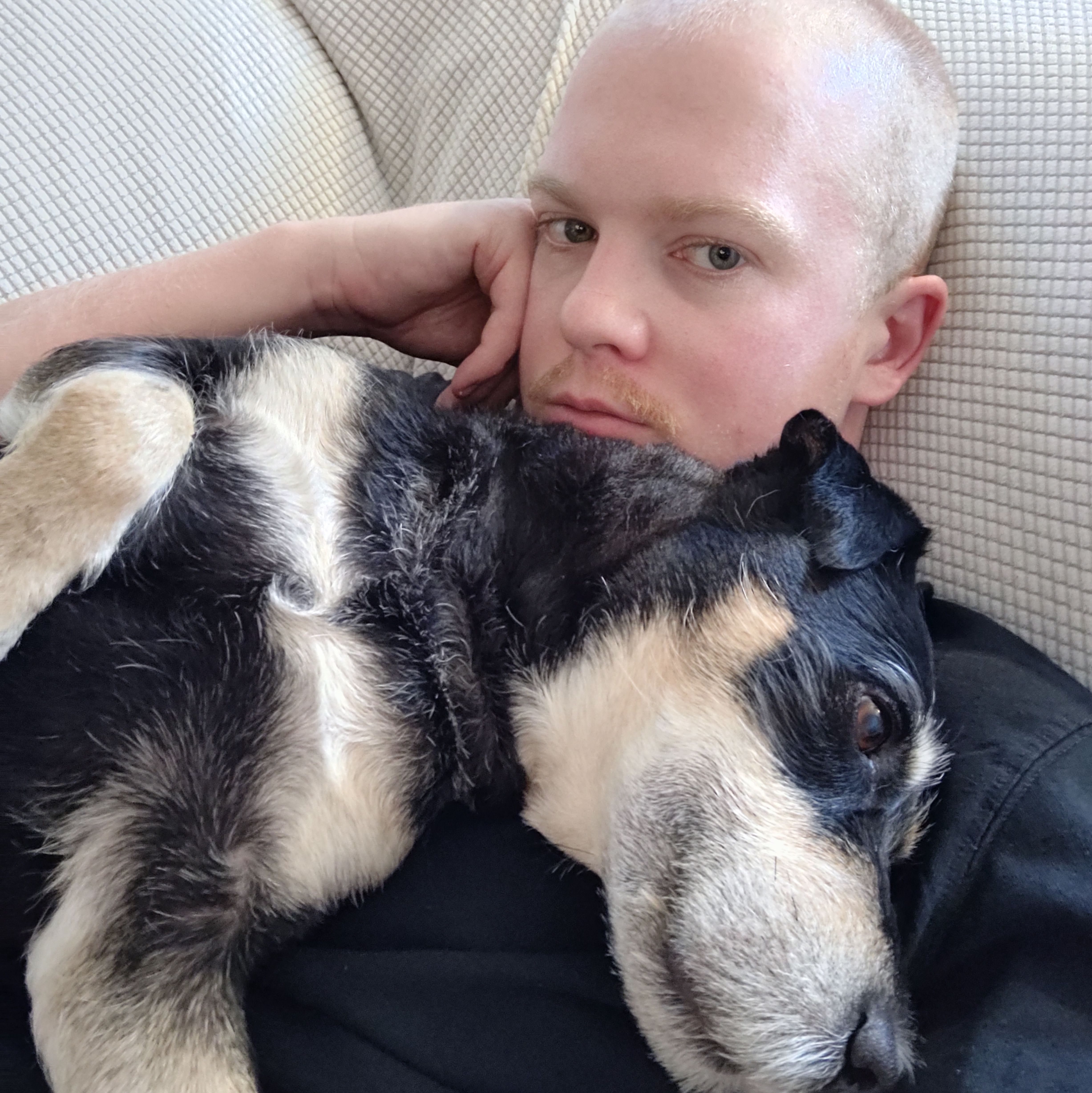
BRENDAN MCCARTHY
Brendan McCarthy’s practice centers on the neuroscience of love+fun to generate expansive terrains for learning. He is a research assistant at the University of Hawaiʻiʻs Uehiro Academy for Philosophy & Ethics in Education. Brendan works as a philosopher-in-residence at multiple public schools on the island of Oʻahu. He is the producer of the Academy’s acclaimed podcast, Not in a Rush. Brendan is also a collaborator with the University of Hawaiʻiʻs Brain & Behavior Lab. Prior to joining the University of Hawaiʻi, Brendan was Director of the undergraduate fashion design program and an assistant professor at the New School University’s Parsons School of Design in New York City. There he developed interdisciplinary, systems-based curricula that invite students to collaborate directly with the people+communities they care most about to create new possibilities for fashion and design that can address the dreams, visions and important challenges of our society. As an integral part of his curricular work at Parsons, Brendan developed+led innovative collaborations with a wide range of global organizations, including the United Nations, to work on solutions for urgent social issues. In addition to his work at the University level, Brendan has been a Senior Teacher at the Stevenson School in Carmel, California. There, he taught mathematics+design+art in the middle school, founded the Robert Louis Stevenson Young Filmmakers Society, and coached the middle school tennis coach. Before his transition to design and education, Brendan worked in finance for Morgan Stanley. Brendan received his BA in Mathematics from Columbia University, MFA in Fine Art from Parsons, MEd in Progressive Philosophy & Pedagogy from the University of Hawaiʻi and studied Architecture at Harvard’s Graduate School of Design. He is currently pursuing his PhD in Education at the University of Hawaiʻi. Brendan was born in Nairobi, Kenya. He is a passionate surfer and lover of the ocean and tea.

HUAYANNI YANG
Huayanni “Yanni” Yang is a mountain girl from China’s southwest. After completing her first B.A from Tsinghua University in Beijing, she spent five years at the Sangre de Christo foothills reading and discussing great books in a small but intellectually vibrant and rigorous community (she’s a Johnnie!). It was there on the desert plateau, her interest shifted from the Western canon to the Eastern traditions, which has finally brought her to Hawaiʻi. She is now doing her Ph.D in the Philosophy department, feeling blessed and nourished deciphering obscure Daoist and Chinese Buddhist texts. For her, p4c is exactly what she did during those five years: decentralized, open-ended inquiry inspired by wonder. And the best part? The little ones never fail to tug at her heart strings. If, occasionally, Yanni gets tired and grumpy, just get her a lot of fruits, and let her go read her novels while munching on them — works like magic.
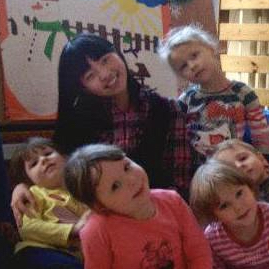
SUSANNAH LEE KANDIKATTI
Susannah Lee Kandikatti is currently a graduate student in Philosophy at UH Mānoa focusing on how the interactions between social identity, stereotypes, and prejudice can have negative effects on individuals and groups. She believes it is vital to understand how and why oppressive mechanisms function within society while also actively engaging with community in working towards equity. She is passionate about social justice and creating change in society, drawing from her humanitarian work overseas in Switzerland, Mexico, China, and India. Becoming a mother brought her back to Honolulu, where she was born and raised.



